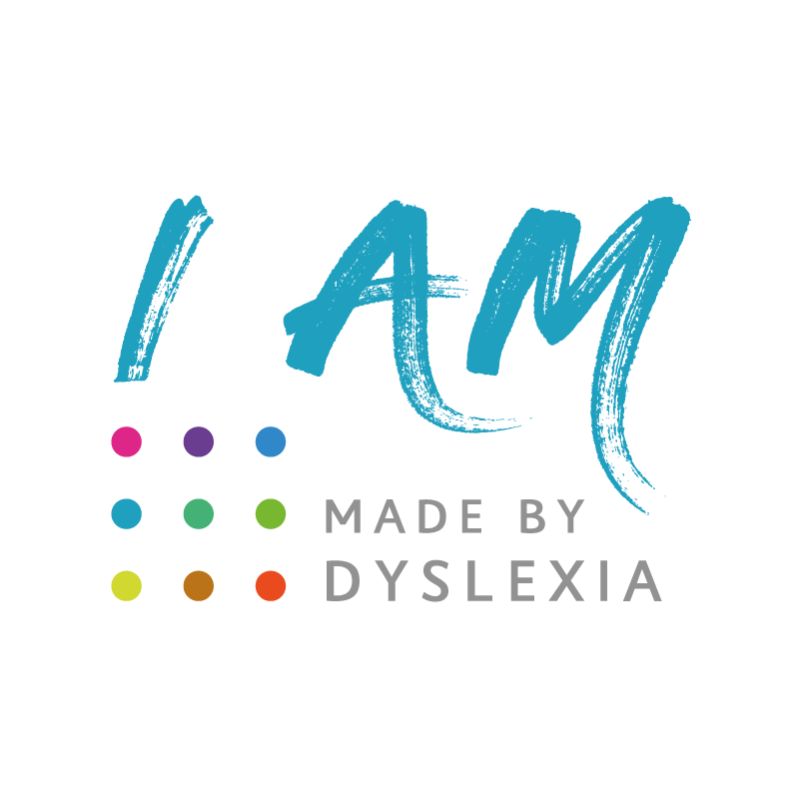- A substantial 88% of dyslexics view Dyslexic Thinking as an advantage in the workplace
- However, 87% of dyslexics think their workplace should improve its understanding of dyslexia
- Only 28% of professionals have asked a dyslexic colleague how their dyslexia impacts them at work
- To help professionals and businesses empower Dyslexic Thinking in the workplace, LinkedIn is launching a new free LinkedIn Learning course in partnership with Made By Dyslexia, supported by Richard Branson & Virgin Group
New research* commissioned by LinkedIn, the world’s largest professional network, and global charity Made By Dyslexia, reveals that only 1 in 5 dyslexics (18%) feel their workplace knows their strengths - indicating dyslexic talents aren’t being understood and recognised amongst professionals and businesses.
According to data from LinkedIn, many of the most in-demand skills are those that dyslexics excel at, including communication, leadership, and research. However, recent research by LinkedIn reveals that whilst the majority (88%) of dyslexics view Dyslexic Thinking as an advantage in the workplace, less than half (46%) of non-dyslexic professionals recognise this advantage.
This research highlights a lack of understanding around the valuable skills dyslexic professionals bring to the workplace. Whilst dyslexics are able to identify their top Dyslexic Thinking Skills include problem solving, creativity, and people skills, those without dyslexia aren’t able to spot these Dyslexia Thinking Skills in their dyslexic colleagues.
The research follows LinkedIn’s addition of ‘Dyslexic Thinking’ as a skill that people can add to their LinkedIn profile as part of a change-making campaign, alongside Virgin Group and Made By Dyslexia in 2022. Over 22,000 members now proudly showcase it as part of their skillset on the platform.
We need to talk about dyslexia at work
A lack of discussion around dyslexia in the workplace appears to be a key contributing factor to this issue, with less than a third (28%) of professionals having asked a dyslexic colleague about how their dyslexia impacts them at work. A lack of understanding about what dyslexia is (46%) is the main reason people have felt hesitant to share details of their dyslexia in the workplace.
AI supercharging career progression
What’s positive to see is that dyslexic professionals are confident in their skillset and are focusing on their career progression. Almost two-thirds (63%) say using AI tools at work can help them focus on their Dyslexic Thinking strengths, while 66% agree AI can further their career.
The latest data from LinkedIn’s Future of Work: AI at Work Report shows there’s been a 21x increase in the share of global English-language job postings mentioning GPT or ChatGPT since November 2022, so feeling comfortable with AI could be an important step for those looking to develop professionally.
Championing Dyslexic Thinking in the workplace
To help professionals and businesses understand how to celebrate and support Dyslexic Thinking in the workplace, LinkedIn is launching a new free LinkedIn Learning course in partnership with Made By Dyslexia, which is supported by Richard Branson & Virgin Group. The course - Empowering Dyslexic Thinking at Work – created and led by the charity’s Founder and CEO, Kate Griggs and launching in late October.
Luke Mckend, Senior Director, LinkedIn Talent Solutions, UK, said: “When it comes to dyslexic thinking in the workplace, companies could be inadvertently missing out on a goldmine of untapped potential and talent due to inflexible hiring processes. By removing the barriers dyslexic professionals face in the workplace, and reevaluating the way they hire, companies can create a working environment in which dyslexic thinking is celebrated and valued. Not only will this build a more inclusive company culture, but it will help businesses tap into a talent pool brimming with some of the most in-demand skills - including leadership and communication”.
Founder and CEO of Made By Dyslexia, Kate Griggs, says: “Research has been telling us that workplaces will depend on Dyslexic Thinking skills. As our DyslexAI campaign with Richard Branson and Virgin showed Dyslexic Thinking is a perfect co-pilot with AI, because as AI is being adopted across industries, it can’t replace Soft Skills or Power Skills that every organisation needs, like innovation, lateral thinking, complex problem solving and interpersonal skills. And THESE are Dyslexic Thinking skills.
“Our new research shows that just 1 in 5 dyslexics believe their workplace understands their Dyslexic Thinking. We are excited to be working with LinkedIn and LinkedIn Learning to change this. Our new course ‘Empowering Dyslexic Thinking in the Workplace’ will help every organisation to create a culture where it thrives”.
Hollie St Clair-Gunn, LPM Engagement Lead at Tesco Bank, says: “I’ve never hidden my dyslexia at home but in the workplace I always found it a hard conversation to have. Expecting - and at times experiencing - people’s assumption that dyslexia meant incapable. I’ve always worked in creative roles alongside other dyslexics, and seeing them thrive and myself grow allowed me to have the light bulb moment that my dyslexia helps me stand out for the good. I think differently, I can see the full picture with ease and creative thinking is a natural skill.”
In addition to the new learning course, LinkedIn will be integrating Microsoft’s Immersive Reader into the platform, giving professionals a new tool for digesting content with the option to read content aloud, translate content in real-time, and change reading and text preferences.
Empowering Dyslexic Thinking at Work will be available in October via LinkedIn Learning:https://learning.linkedin.com/



